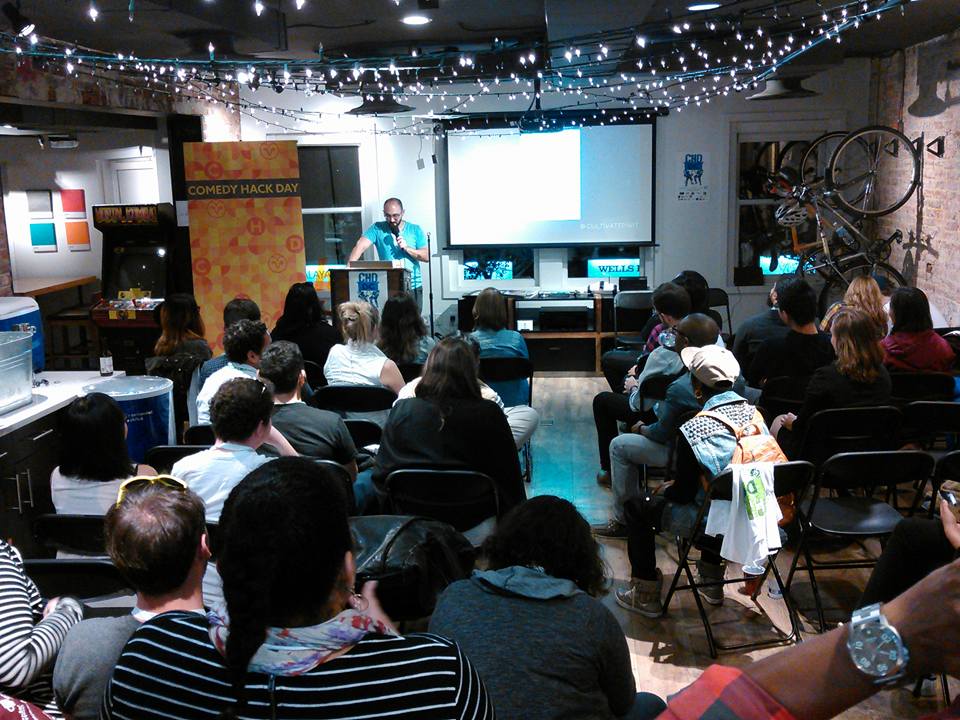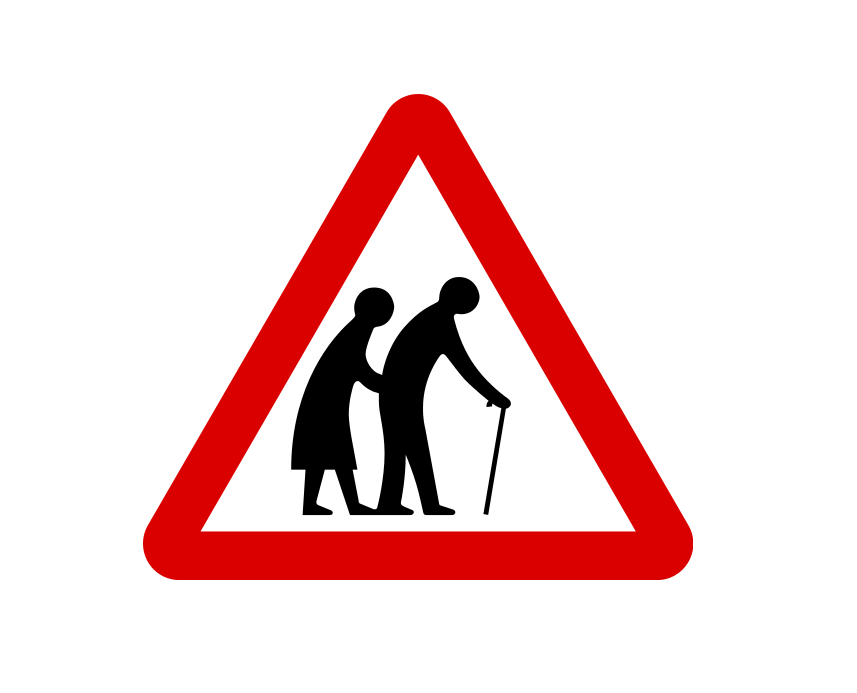 At my last stand-up comedy college show a student came up afterwards and said, “Thanks for the ‘D’ student joke. I’m mentoring a high school student this weekend and you explained better than I could why he should get good grades.” My joke:
At my last stand-up comedy college show a student came up afterwards and said, “Thanks for the ‘D’ student joke. I’m mentoring a high school student this weekend and you explained better than I could why he should get good grades.” My joke:
“The most important thing I’ve learned watching TV crime shows is that it pays to be an ‘A’ student. If you’re an ‘A’ student and you go missing, they look for you. If you’re a ‘D’ student, you’ll be duct taped in the trunk of a car thinking, ‘Wow, I should have studied more.’”
That joke has come a long way. When I first began doing it, it got nothing, not even polite laughter. I was disappointed because I believed the premise to be both true and funny. I persisted. I tweaked the wording and placement, and eventually started getting a positive response. The joke didn’t kill but it finally did well enough for me to get out of my own head (over thinking the wording and construction) and really focus on the audience. I noticed there was no middle ground. The people who liked the joke loved it and those who didn’t turned a tad frosty.
One night, I addressed this schism from the stage. I said something like, “Ah, I see who the ‘A’ students are. ‘D’ students? Glad to see you made it out of the trunk, clearly on your own. Congratulations.” That did it. I won over the non-laughers, not completely, but there was definitely a thaw. I felt foolish for not realizing sooner that the people most likely to enjoy this joke had indeed been ‘A’ students.
For the others I’d most likely touched on their not-so-subconscious fear that a less than stellar academic performance would earn them neither a scholarship nor a search party. In the event of their possible demise precious police resources would not be expended on them at least not to the degree that we’ve come to love on TV crime shows like Law & Order and CSI.
In that light my joke seems to smack of academic elitism. That’s a dangerous thing to do in the Decade of the Dumb Ass, but I’ll risk it. In the grand scheme of things it’s but a grain of sand against the Jersey Shore tide.
It’s not all on the audience though. It’s inevitable that when you do a new joke and it doesn’t get the gut-busting reaction you hoped it would, you lose a little faith in it. You have to make a decision: fix it, shelve it, or dump it. When I understood how the audience perceived the joke I remembered my comedy mentor saying, “Tell a joke 100% or don’t tell it at all.” Lack of commitment in delivery and demeanor will sabatoge a joke every time. When I told the joke without apology it went from being on the verge of getting dumped to being applauded. Sweet.
Now, it doesn’t always work out that way. Sometimes a joke is just not funny or at least not funny for every audience. In those moments you’re left standing on stage with just the figleaf of your confidence. It’s better than nothing, but not by much.
As if to assure us that he was not destined for an extended stay in the trunk of a car, the high school student spoke up and said, “But I am an ‘A’ student.”
“Then tell him he needs to study for his geometry test on Monday,” his college mentor shot back.
It would have been so cool if I’d had some jokes about geometry right then, but alas no. “You should study for your geometry test,” I said dutifully. “But honestly, in 10 years you won’t need it…unless you want to play pool. Playing pool is all about angles. That’s geometry. And taking a girl out to play pool can be a fun first date. But hey, it’s up to you.” Of course we all know that if he really wants to be good at pool he’ll need some physics to go along with that geometry but that’s a lesson for another time. The high school mentee was speechless. His college mentor looked at me appreciatively and again said, “Thank you.”
“No,” I said. “Thank you.”
© 2012 Leighann Lord
A very funny lady on the stage and on the page, stand-up comedian Leighann Lord pens a weekly humor column with topics ranging from the personal to the political, from the silly to the sophisticated. Reminiscent of a modern day Erma Bombeck (famed nationally syndicated humor columnist), a fan dubbed Leighann, “The Urban Erma” and the name stuck. It’s a fun, fast read that leaves you laughing, or at least wondering why we don’t have a comprehensive mental health care plan. Follow Leighann on Twitter and be a fan on Facebook.




















